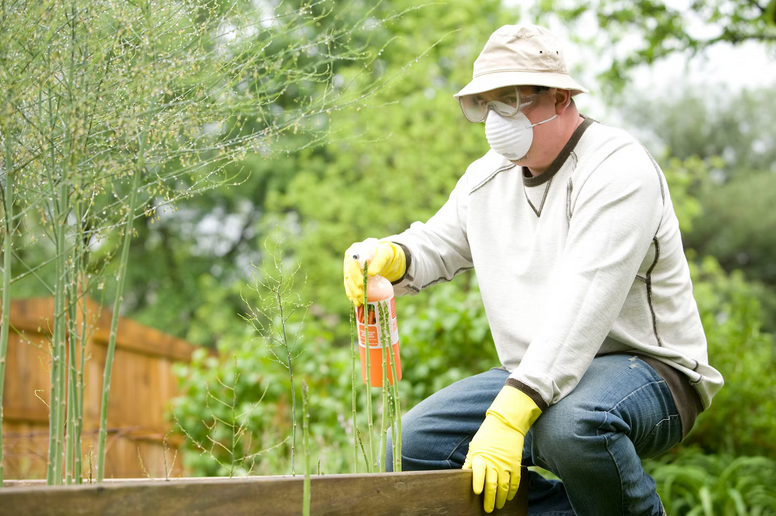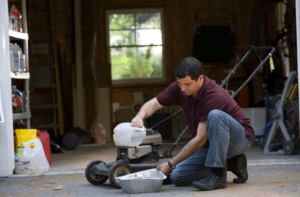Pesticides are used in households for various reasons, such as controlling insects, rodents, and weeds. While these products can effectively eliminate pests, they also pose potential risks to human health. Exposure to household pesticides can cause acute or chronic health problems, especially among children and pregnant women. This is what a pest control company aims to emphasize. They intend to help households understand the risks associated with the use of pesticides and promote safer alternatives and responsible use. This article will discuss the common household pesticides used, their potential risks, and options for safer use.
Common Household Pesticides
Household pesticides come in various forms, such as sprays, baits, dusts, and granules. They contain active ingredients that target specific pests like insects, rodents, or weeds. Some of the most commonly used household pesticides include insecticides (for killing insects), rodenticides (for eliminating rodents), and herbicides (for controlling weeds). These products are easily available in grocery stores, home improvement centers, and online. While they may seem harmless, the chemicals used in these pesticides can be toxic if not used properly.

Potential Risks of Household Pesticides
The chemicals found in household pesticides can pose health risks to humans. These chemicals can be exposed through inhalation, ingestion, or skin contact. Short-term exposure can result in symptoms such as skin irritation, headache, dizziness, nausea, and vomiting. Long-term exposure to these chemicals has been linked to serious health conditions, including cancer, reproductive problems, and neurological disorders. Children are particularly vulnerable to the effects of household pesticides due to their developing bodies and tendency to put objects in their mouths.
Safer Alternatives for Household Pest Control
Fortunately, there are safer alternatives for pest control in households. These options reduce the risk of exposure to harmful chemicals and protect our environment. Some of these alternatives include:
- Integrated Pest Management (IPM) – This approach focuses on prevention and uses a combination of methods such as physical barriers, natural predators, and traps to control pests.
- Essential oils – Certain essential oils, such as peppermint, lavender, and eucalyptus, have natural insect-repelling properties. They can be mixed with water and sprayed around the house to deter pests.
- Diatomaceous earth – Made from fossilized algae, this powder is a safe and effective way to control insects. It works by absorbing the waxy outer layer of an insect’s exoskeleton, causing it to dehydrate and die.
Responsible Use of Household Pesticides
 If you choose to use household pesticides, it is important to take precautions to minimize potential risks. Here are some tips for responsible pesticide use:
If you choose to use household pesticides, it is important to take precautions to minimize potential risks. Here are some tips for responsible pesticide use:
- Always read and follow the instructions on the label.
- Wear appropriate protective gear such as gloves, masks, and eyewear when applying pesticides.
- Use only the amount recommended on the label and avoid overuse.
- Keep children and pets away from areas treated with pesticides.
- Store pesticides safely in their original containers out of reach of children and animals.
- Properly dispose of empty pesticide containers according to the instructions on the label.
Household pesticides can be hazardous if not used properly. It is important to understand the potential risks and use them responsibly or consider safer alternatives. By taking these precautions, we can protect our health and the environment without compromising pest control in our homes. Remember, prevention is always better than cure when it comes to pests. So keep your living spaces clean and well-maintained to avoid the need for pesticides in the first place. There are also natural ways to ward off pests, such as sealing cracks and gaps, keeping food stored properly, and maintaining a tidy yard.…

